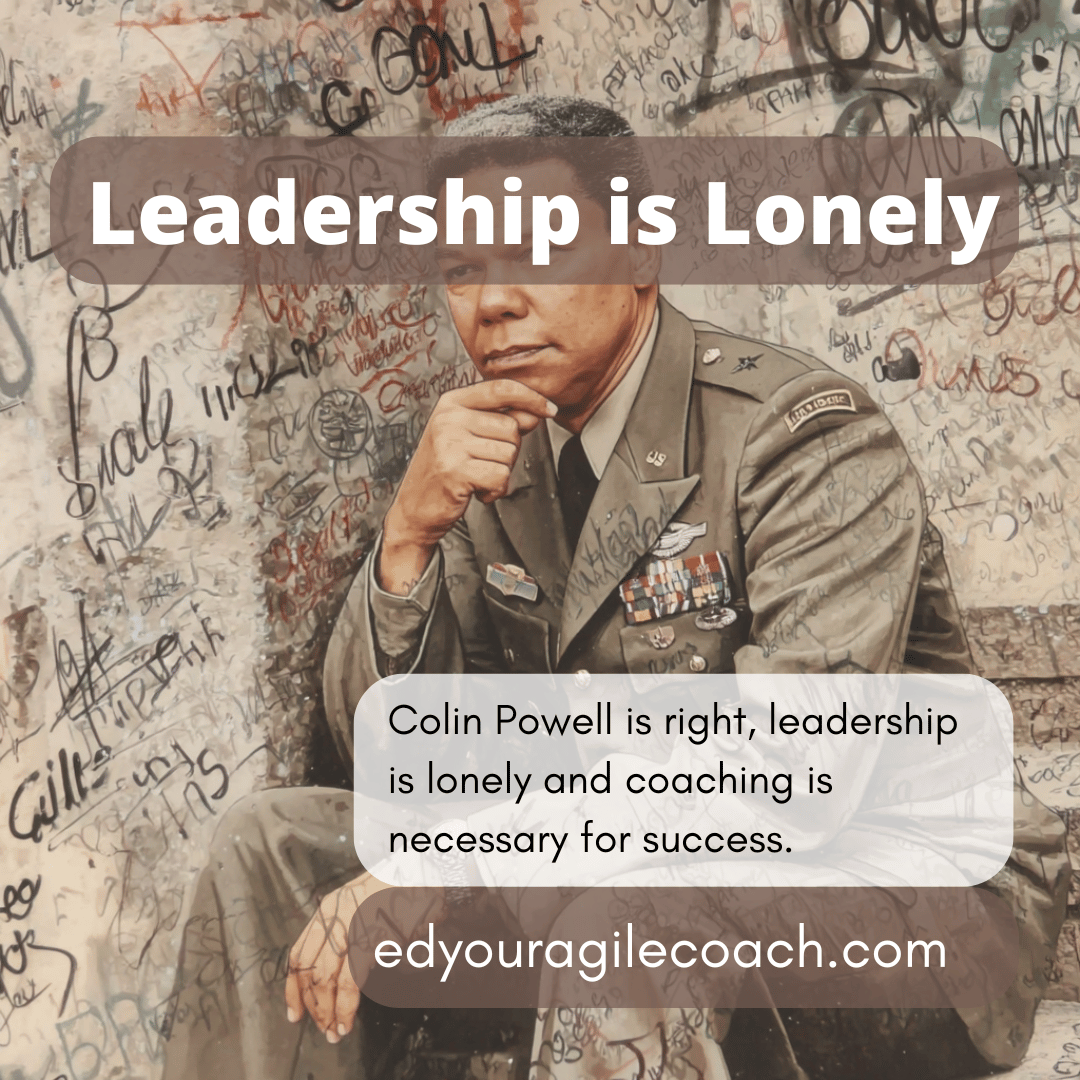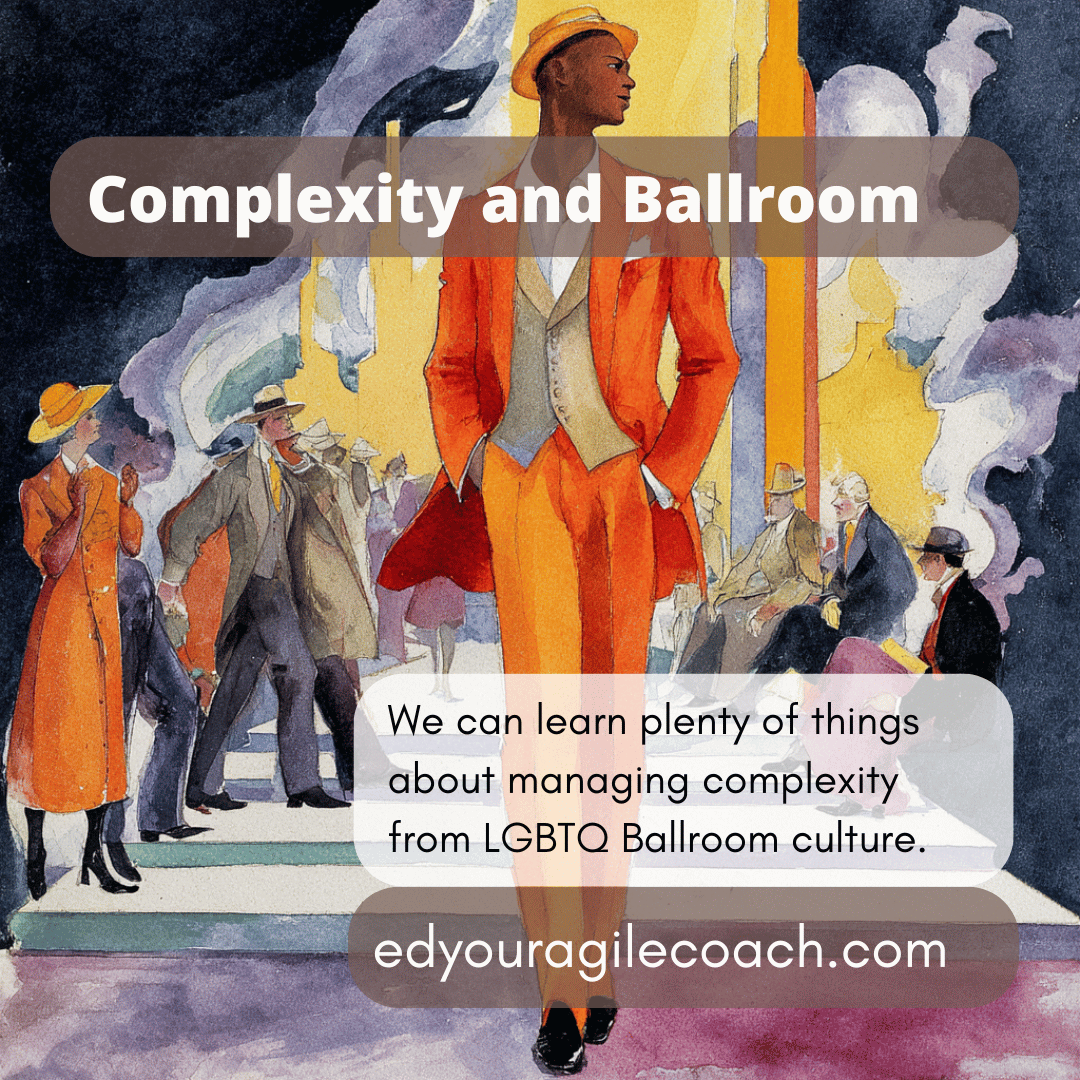In order to change you need to listen

One of the biggest obstacles to change in an organization is status quo thinking. People develop routines, and when those routines are challenged, there is pushback. It happens in politics. It happens in business. It even happens in sports. Being a scrum master means being a change agent. This week, I want to talk about fighting resistance to change.
At the turn of the century, one of the most popular books in the business community was “Who Moved My Cheese.” In it, the authors tell the story of two mice, “Scratch” and “Sniff,” who live in a maze and discover the cheese has been moved to a new location. The one mouse stav, and the other learned to adapt to the change. I have always been a bit of a cynic about this book. I saw it as a happy talk way of accepting cram downs, corruption, and unfair treatment.
Now, I am a scrum master, and many people I work with are like the mice in that book. When asked why they do certain things, they lock up in the paralysis of saying, “…that is how things were always done.” Man people I have met in business are content to settle into comfortable routines. The mental laziness of not questioning how things are done is preferable to existential nausea caused by asking for a better way of doing things. In dysfunctional organizations, these lumps of human clay are often promoted and continue to enforce these dysfunctional practices. Soon, it is evident to everyone that to get ahead, you have to keep your head down, your mouth shut, and not make any waves.
This is even harder in large and bureaucratic organizations because people are protecting turf in the organization. Leveraging cloud services like Azure is inevitably going to run into resistance from network teams because it takes control away from them and puts it in the hands of developers and business people. Automated builds and continuous integration are good things but regulatory compliance becomes a committee of “no” for these improvements to the organization.
This intellectually lazy resistance to change makes me crazy. When confronted with this kind of thinking, I get angry. After a particularly awful day, someone I respect pulled me aside and said, “…you need to listen more.” I was taken aback. Listen more? Why should I listen more?
It took some time to sink in, but I was beginning to understand what he was thinking. When change comes to an organization, people fear what will happen to them. I need to listen to those fears and weigh those concerns. I need to listen to what is working and what isn’t working. Change for the sake of change is just as damaging as doing nothing. Changes must be responsive to your situation rather than a reason for being.
I need to listen more. The best reformers were people who listened and made others willingly join rather than those badgered. The genuinely fervent are the most devoted. The fervent is also alienating; if I want to lead change, the last thing I need to be is alienating. I need to listen to others and alienate them less.
I get angry and discouraged many times as a coach and scrum master. Change is a complicated process. Leadership is lonely. The good news is that leadership and change appropriately can improve the lives of others. The struggle is worth it. Resistance to change can be defeated, and the most potent tool is listening. I should give it a try.
Until next time.




Comments ()